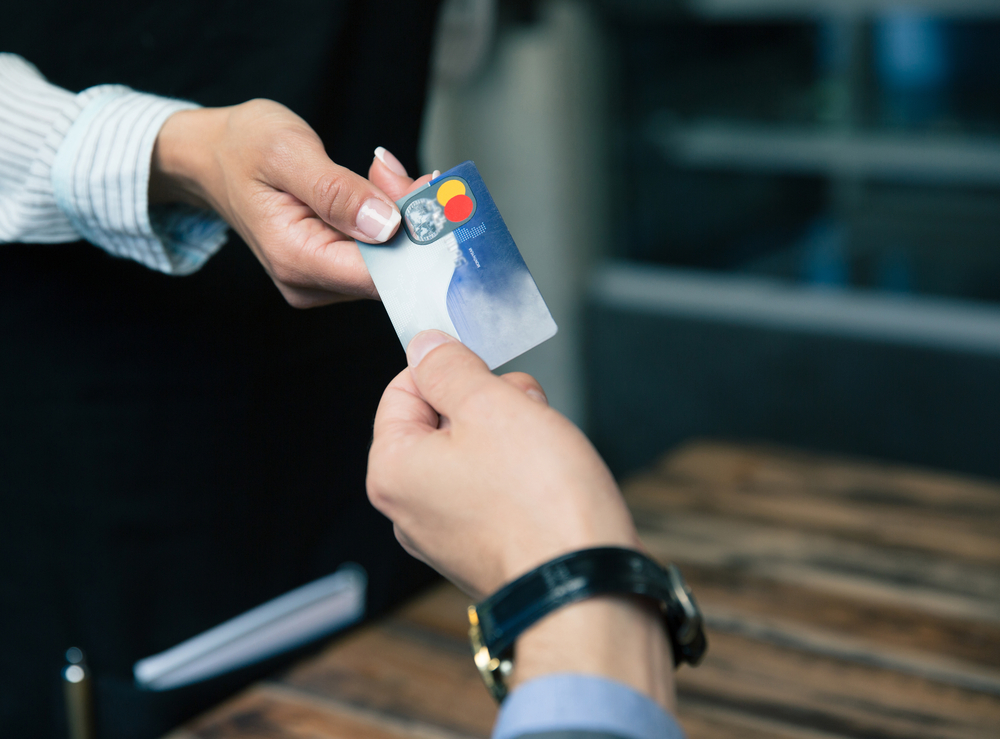Beware of Surcharge Program Rules
Surcharge programs labeled as cash discount programs have begun popping up. Misleading and non-compliant with card brand guidelines create confusion about the difference between surcharges and cash discounts. Unfortunately, that's also putting businesses at risk.
Whenever you post a price and then add a fee at the point of sale, it constitutes a surcharge under law. The term surcharge means increasing the regular price to a cardholder, which is not imposed upon customers paying by cash, check, or similar means.
Some restaurant and retail businesses have started offering "cash discount" programs that are actually surcharge programs in disguise. It is important to stay compliant with the card brand's rules. Here's a look at the most common:
"Non-cash adjustment" or "service fee."
A business may charge a "non-cash adjustment" or "service fee" at checkout for non-cash paying customers. But regardless of what the business calls it, this is a surcharge. It's adding a charge at the point of sale beyond the posted price.
Additionally, surcharges aren't permitted on debit or prepaid cards. This is true even if cards are "run as credit" and even in states where surcharge is legal. If you are adding a surcharge to a debit or gift card transaction and calling it a "non-cash adjustment," you're non-compliant. You cannot apply a fee above the listed price to a debit or prepaid card, no matter what the fee is called.
Posting "cash prices."
The posted price refers to prices posted on shelves, menus, and advertisements. However, some businesses may claim the published price is the cash price and then charge non-cash paying customers more at checkout. This again is a surcharge.
A true cash discount must be a price reduction. If a business posts a $10 price on the shelf, it would need to charge cash paying customers less than $10 at the register to offer a cash discount.
Implementing a true cash discount program is fine, but keep in mind that to do so, you need to list credit card prices on the shelves. Otherwise, it's a surcharge program.
Visa clears the air.
In response to misleading cash discount programs that violate its rules, Visa has provided some clarity. The company reiterates that a discount for cash is different from a surcharge, and charging a fee for paying with cards is, by definition, a surcharge. It adds that its cash discount rule prohibits programs where businesses add a fee on top of the regular price and then give an immediate discount of that fee at the register if the customer pays with cash, debit card, or prepaid card.
According to Visa, merchants who engage in this type of cash discount program are subject to non-compliance action, which can have serious repercussions, including hefty fines and the merchant losing their account.
Know the rules.
Nothing is inherently wrong with cash discounts or surcharges, but any card accepting business must abide by payment card network rules. State laws also come into play. Six states ban surcharging: Colorado, Connecticut, Kansas, Maine, Massachusetts and Oklahoma.
A legitimate surcharge program:
- Must disclose surcharge to customers at business entrances and point of sale
- Does not use creative terms to label a surcharge fee, such as non-cash adjustment, non-cash fee, or service fee
- Complies with card brand rules when applying a surcharge to the posted price
- Applies surcharge to all card brands equally
- Distinguishes between credit, debit cards and prepaid cards
- Cannot exceed four percent of the total transaction cost
- Discloses the surcharge on the customer's receipt
- Only surcharges U.S. transactions (international transactions are exempt)

